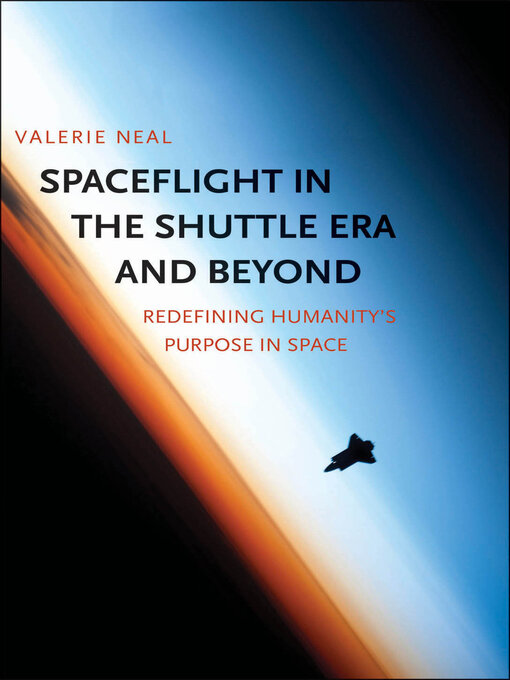- Just added eBooks
- Local Readers' Favorite Suspense and Thrillers
- Life Isn’t Perfect but Your Outfit Can Be
- I Wanna Be A Cowboy...
- Romance
- Crime Classics
- Biographies & Autobiographies
- See all
- Just Added Audiobooks
- Cozy Mystery & Mayhem
- Thrillers
- Parenting
- Romantic Suspense
- Celebrity Book Clubs
- I Wanna Be A Cowboy...
- Listen While You Run
- Page to Screen
- Self-Help & Personal Growth
- Biographies
- Laughing Out Loud
- Read By The Author
- See all

